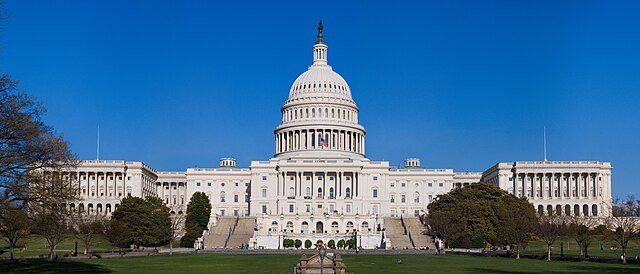How millions of Americans could lose access to healthcare and what’s at stake for the nation

As Congress wrangles over spending bills and party-line agendas, millions of Americans who rely on affordable healthcare may find themselves caught in the political crossfire. Recent Republican-backed proposals targeting key elements of the Affordable Care Act (ACA), commonly known as Obamacare, as well as Medicaid, could bring sweeping changes to the U.S. healthcare landscape. If passed, these cuts would have far-reaching effects on coverage, costs, and the health equity of the nation.
This is more than a partisan fight over dollars, it’s a battle over who gets to access care, and at what cost.
🚨 What’s Being Cut?
The proposals on the table involve:
- Rolling back enhanced ACA premium subsidies that were expanded under the American Rescue Plan Act and extended through the Inflation Reduction Act.
- Imposing or tightening Medicaid work requirements, which could make it harder for low-income adults to qualify.
- Reducing overall federal funding for Medicaid, shifting more financial responsibility to the states.
- Capping or sunsetting certain ACA programs, which helped lower-income and middle-class Americans afford private health insurance.
Collectively, these moves are framed by advocates as “cost-saving reforms” and by critics as a deliberate dismantling of the safety net that Obamacare helped establish.
📉 Who Stands to Lose Coverage?
The people most at risk include:
- Low- and moderate-income Americans who currently rely on premium subsidies to afford ACA Marketplace plans.
- Millions of Medicaid enrollees, particularly in states that expanded Medicaid under the ACA, could face stricter eligibility or be dropped due to bureaucratic or procedural hurdles.
- Rural residents, gig workers, and those in jobs without health benefits would be especially vulnerable, often with no employer coverage to fall back on.
- Older adults under 65, who pay more in the individual market and would see some of the steepest premium increases if subsidies are cut.
According to recent estimates from the Congressional Budget Office and the Kaiser Family Foundation, millions of Americans could lose health insurance altogether if these changes are enacted.
💸 Financial Fallout for Families
Without federal premium subsidies:
- ACA plan premiums could double or triple for many families.
- Deductibles and out-of-pocket costs would rise, especially for those just above the poverty line.
- Those who can’t afford the higher costs may forgo coverage — or delay care until emergencies arise, resulting in worse health outcomes and higher public costs.
For example, a 40-year-old individual making $25,000/year could see their monthly premium jump from $50 to over $300 depending on their state and coverage level.
🏥 Stress on the Healthcare System
Uninsured patients tend to delay or skip care, until it’s urgent. This strains hospitals, especially emergency departments and rural clinics that already operate on thin margins.
Safety-net providers would bear the brunt:
- Community health centers would see more uncompensated care.
- Hospitals in Medicaid-heavy areas could face cutbacks or closures.
- Providers might opt out of Medicaid due to lower reimbursement, further limiting access.
⚖️ Equity in Jeopardy
These cuts don’t fall equally. Communities of color, people with disabilities, and individuals living in poverty are disproportionately covered through Medicaid and ACA subsidies.
Rolling back support risks widening long-standing disparities in access to:
- Preventive care
- Chronic disease management
- Mental health services
- Maternal and child health
Moreover, states with large uninsured populations, particularly in the South, would be hit hardest, further entrenching regional health inequities.
🗳️ A Political Gamble

While fiscal conservatives argue the government can no longer sustain the cost of expanded subsidies and Medicaid, public opinion tells a different story. Polls consistently show majority support for the ACA, and opposition to cutting Medicaid.
With a presidential election approaching, the political stakes are high. Republicans risk backlash if constituents lose access to affordable care, while Democrats are already signaling they won’t sign off on any budget that weakens healthcare protections.
🧭 What Comes Next?
The proposed cuts are part of larger budget negotiations and may still be modified, delayed, or blocked. But the direction of the debate signals a renewed effort to pare back government-supported healthcare — just as many Americans are still recovering from the economic toll of the pandemic.
The outcome will shape more than just balance sheets. It will determine whether the United States continues to move toward universal coverage — or pulls back from one of the biggest expansions of healthcare access in decades.
📢 Bottom Line
If passed, these cuts could lead to:
- Millions losing coverage
- Higher premiums and costs
- Overburdened healthcare providers
- Widening inequality in access and outcomes
This isn’t just about Obamacare or Medicaid, it’s about whether healthcare remains a right or returns to being a privilege of income and geography.



